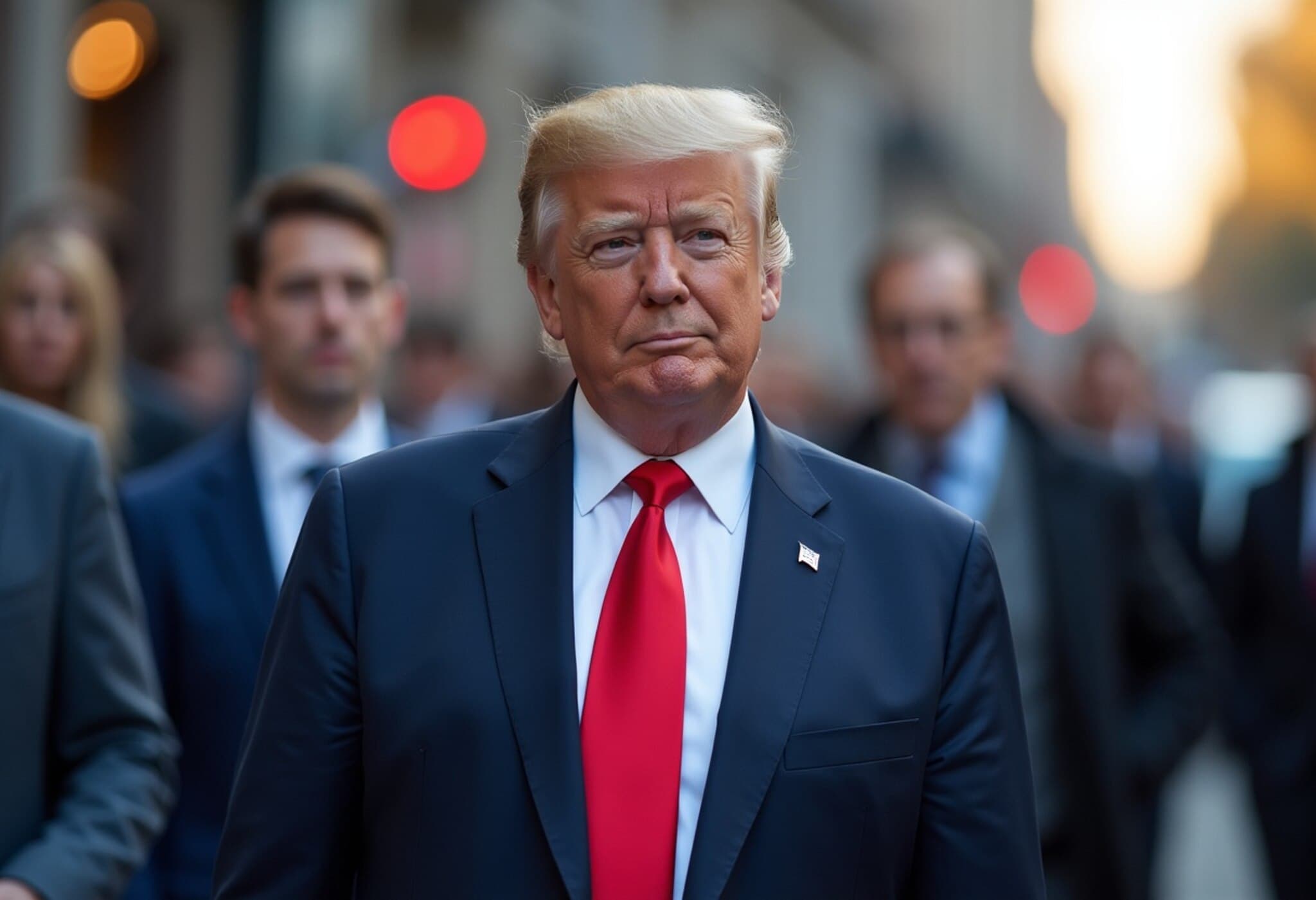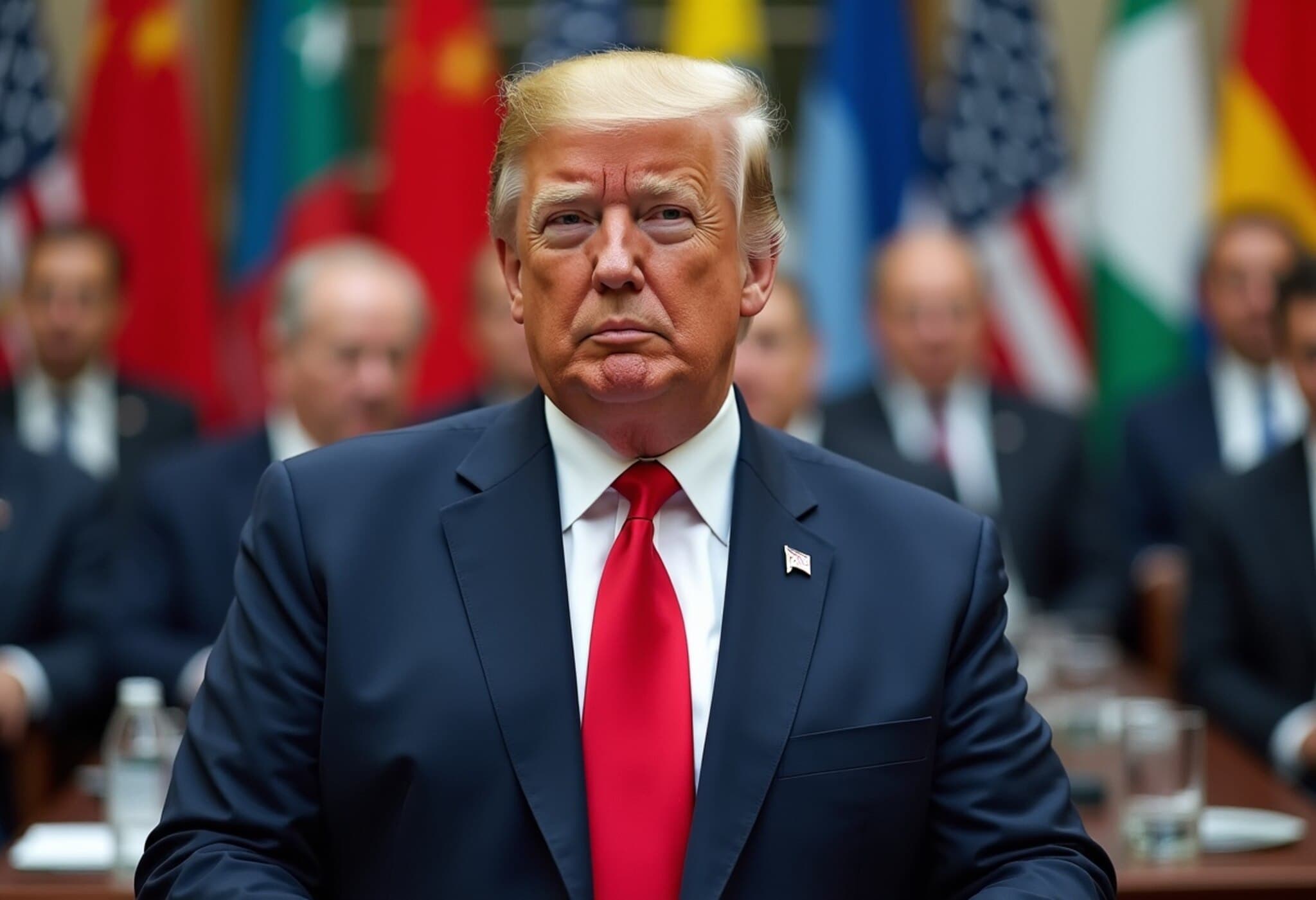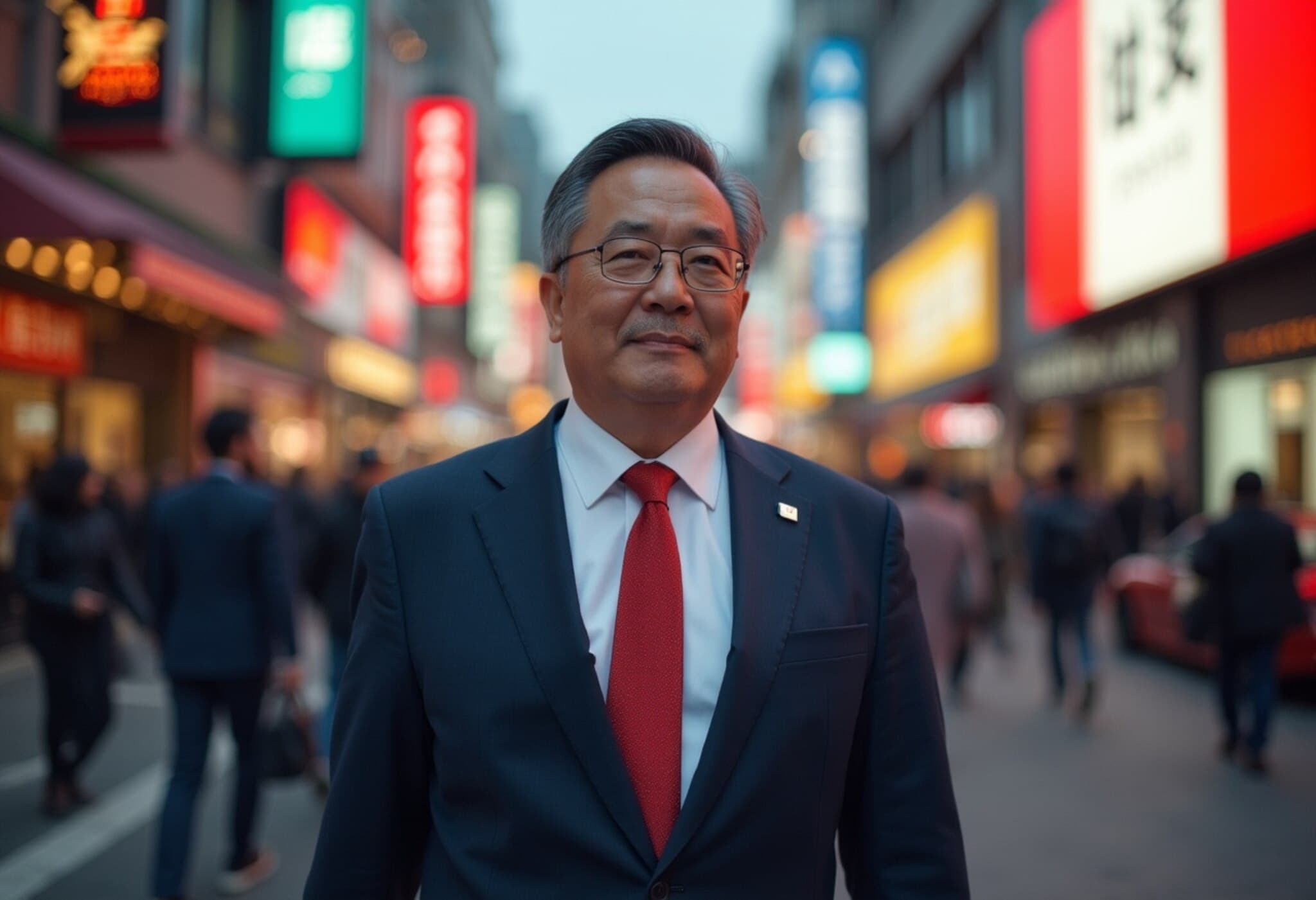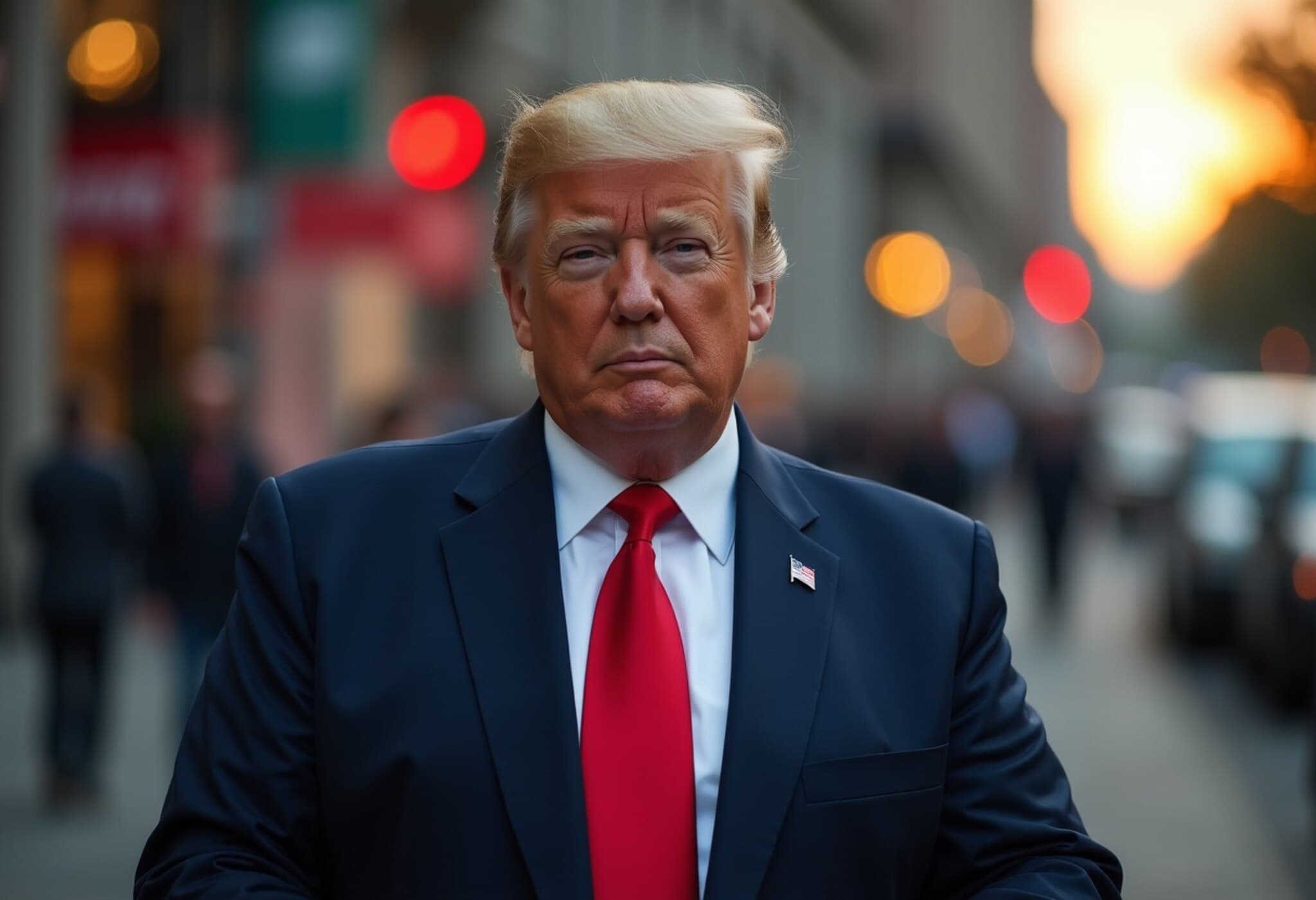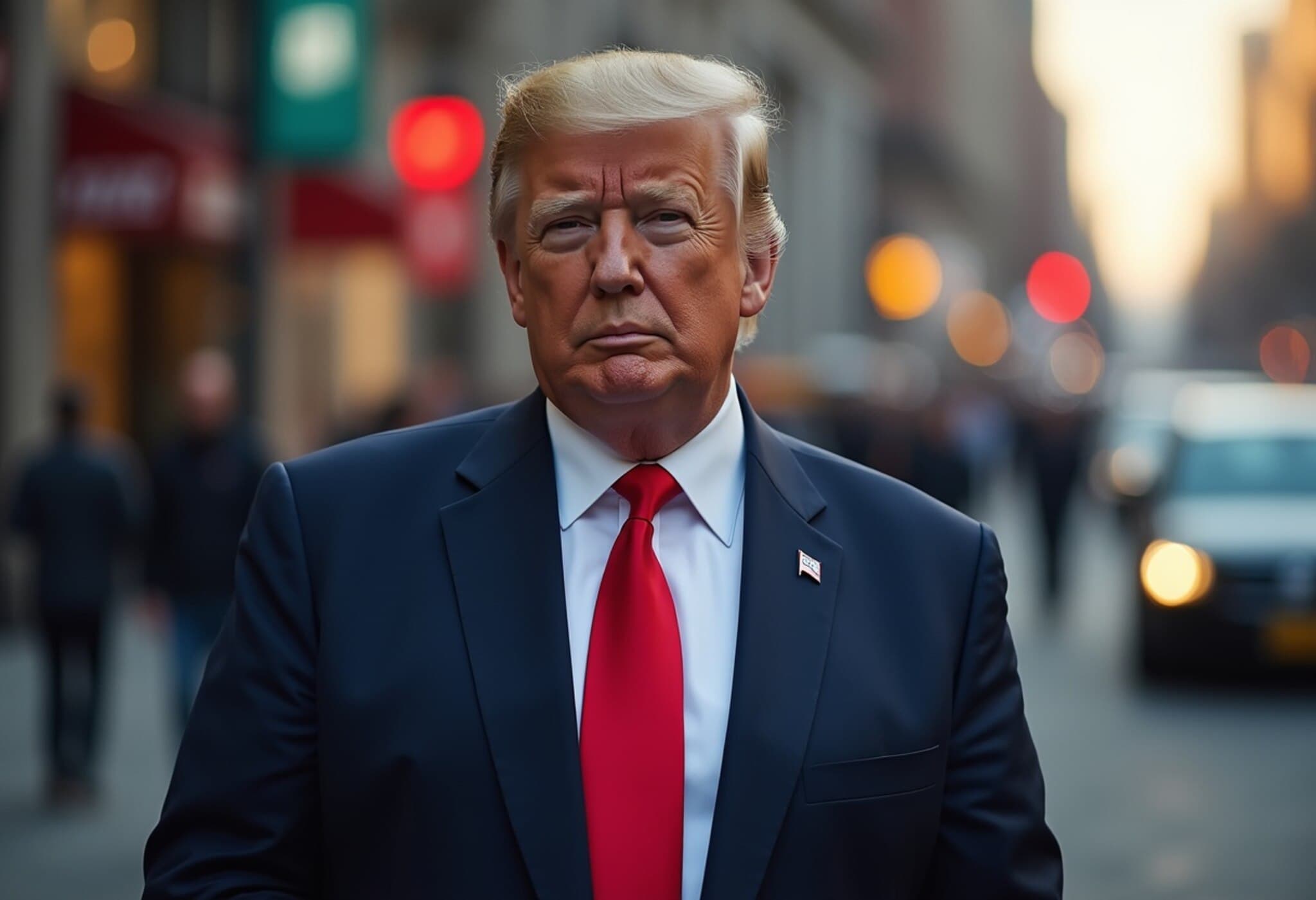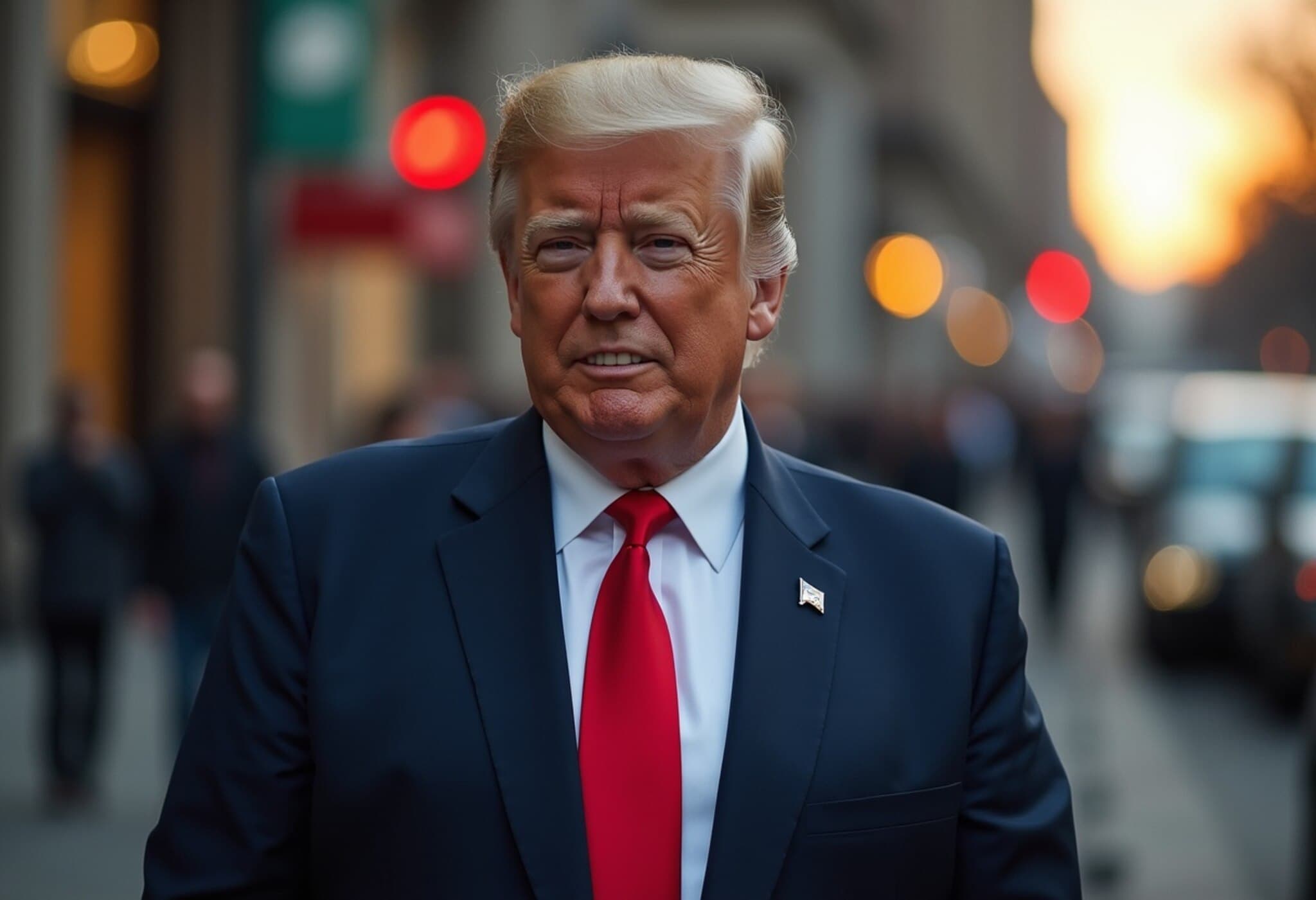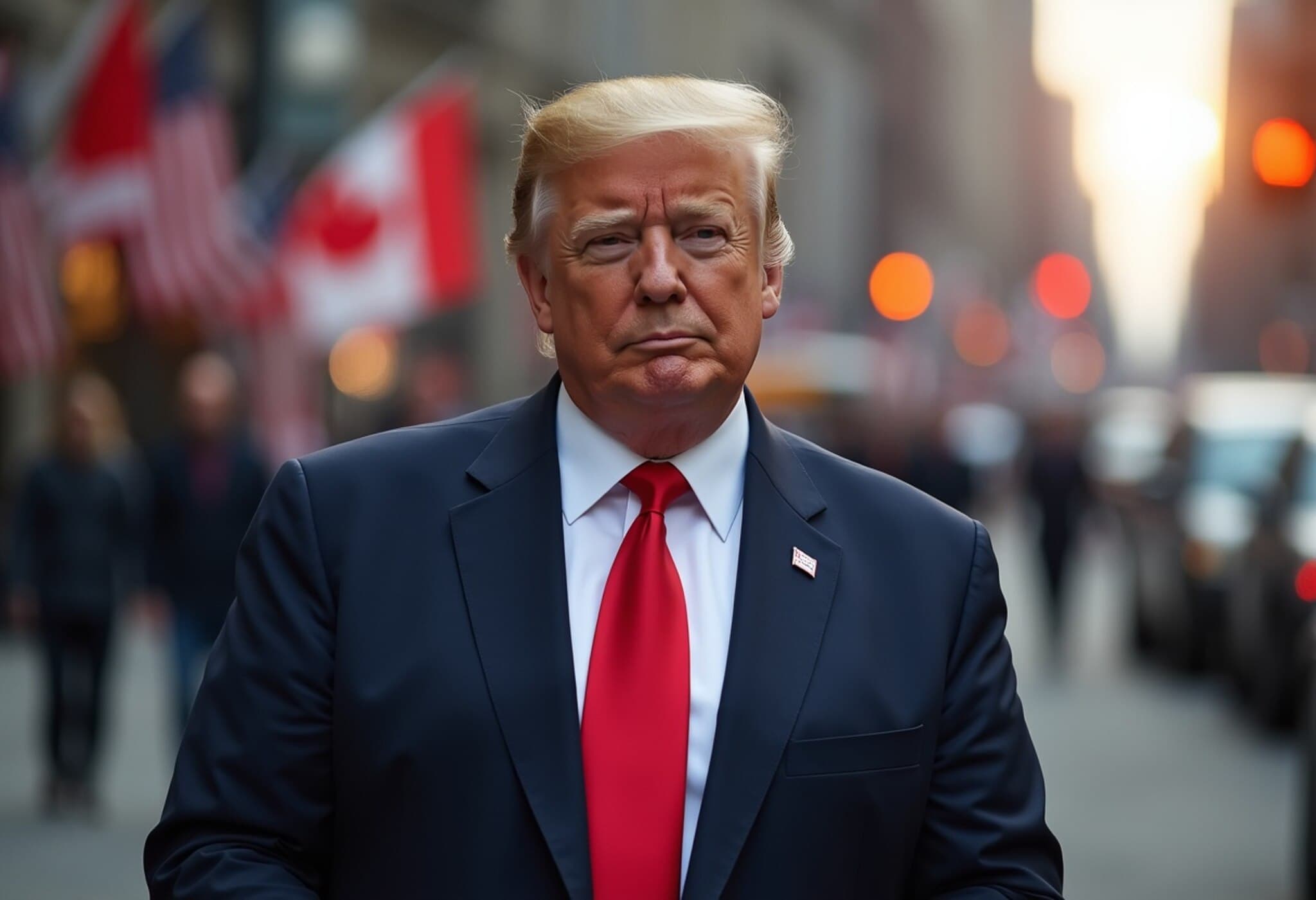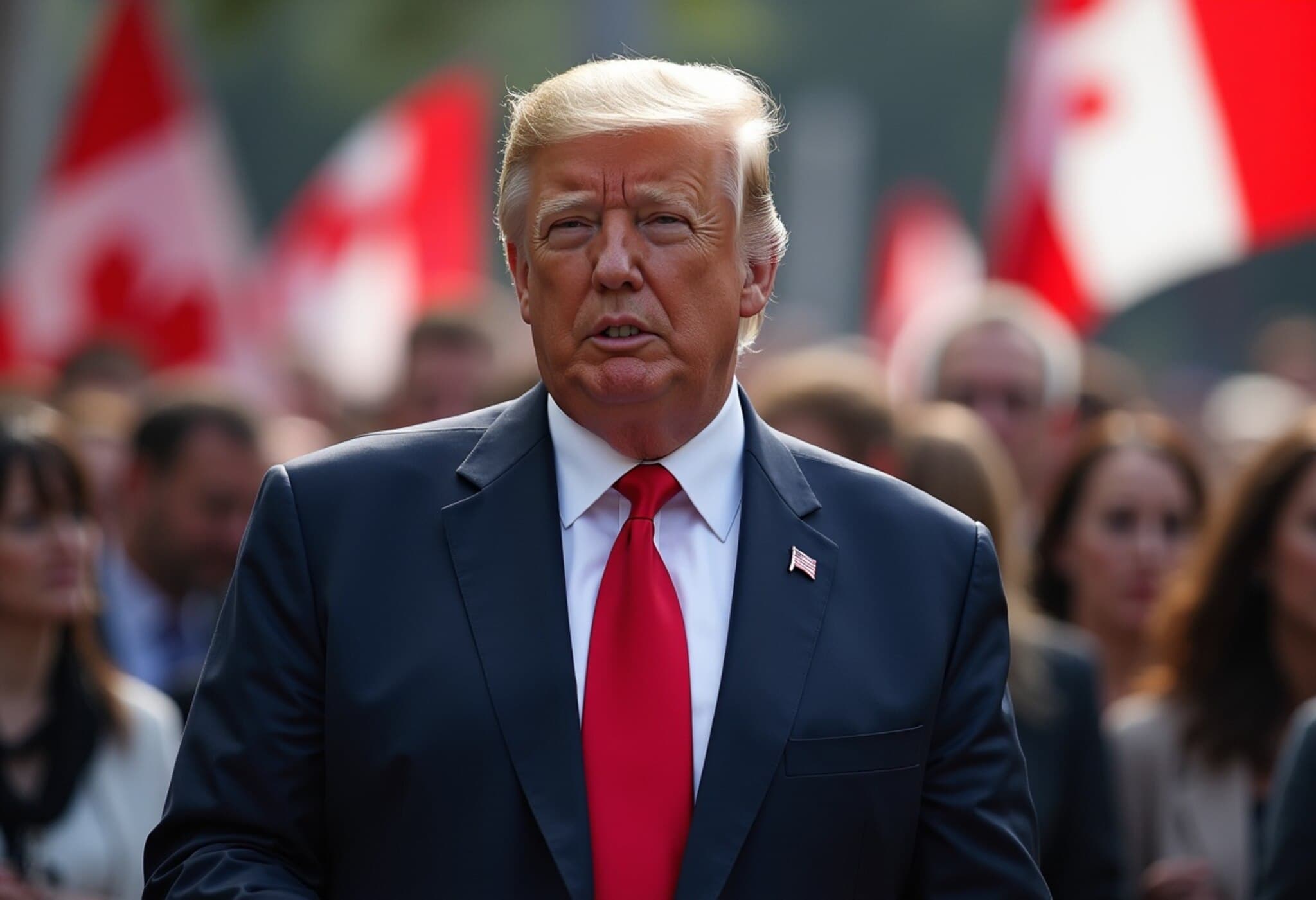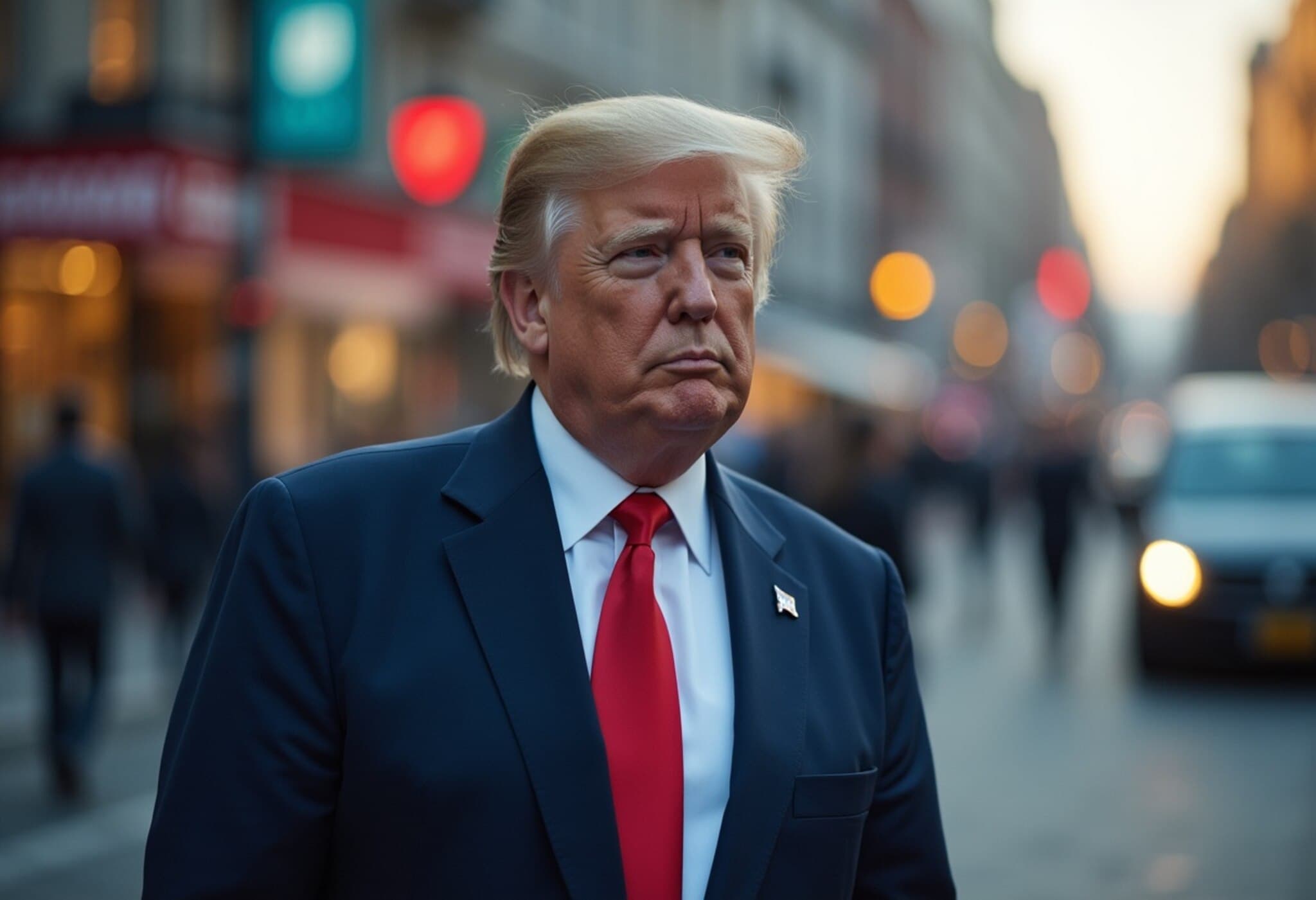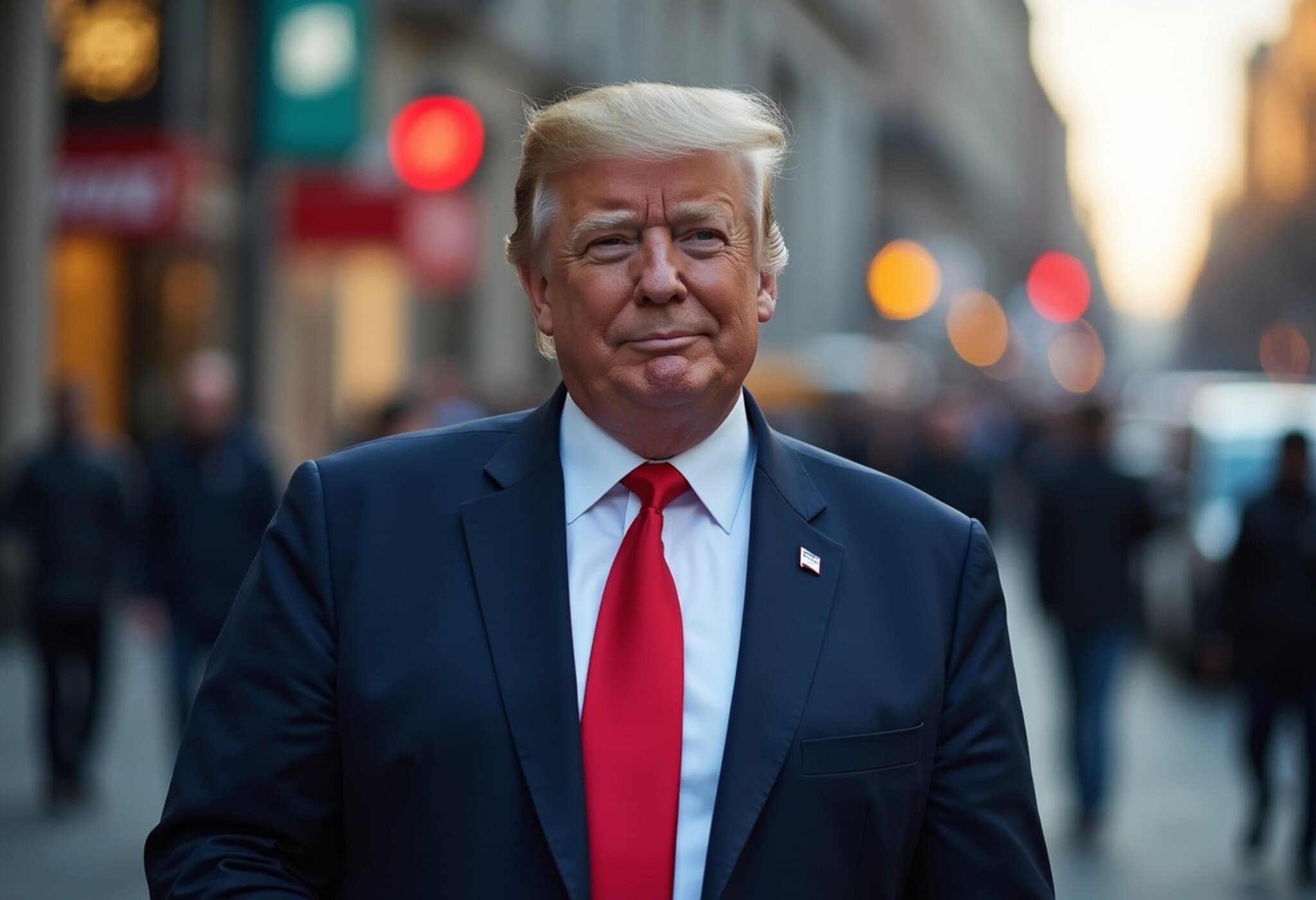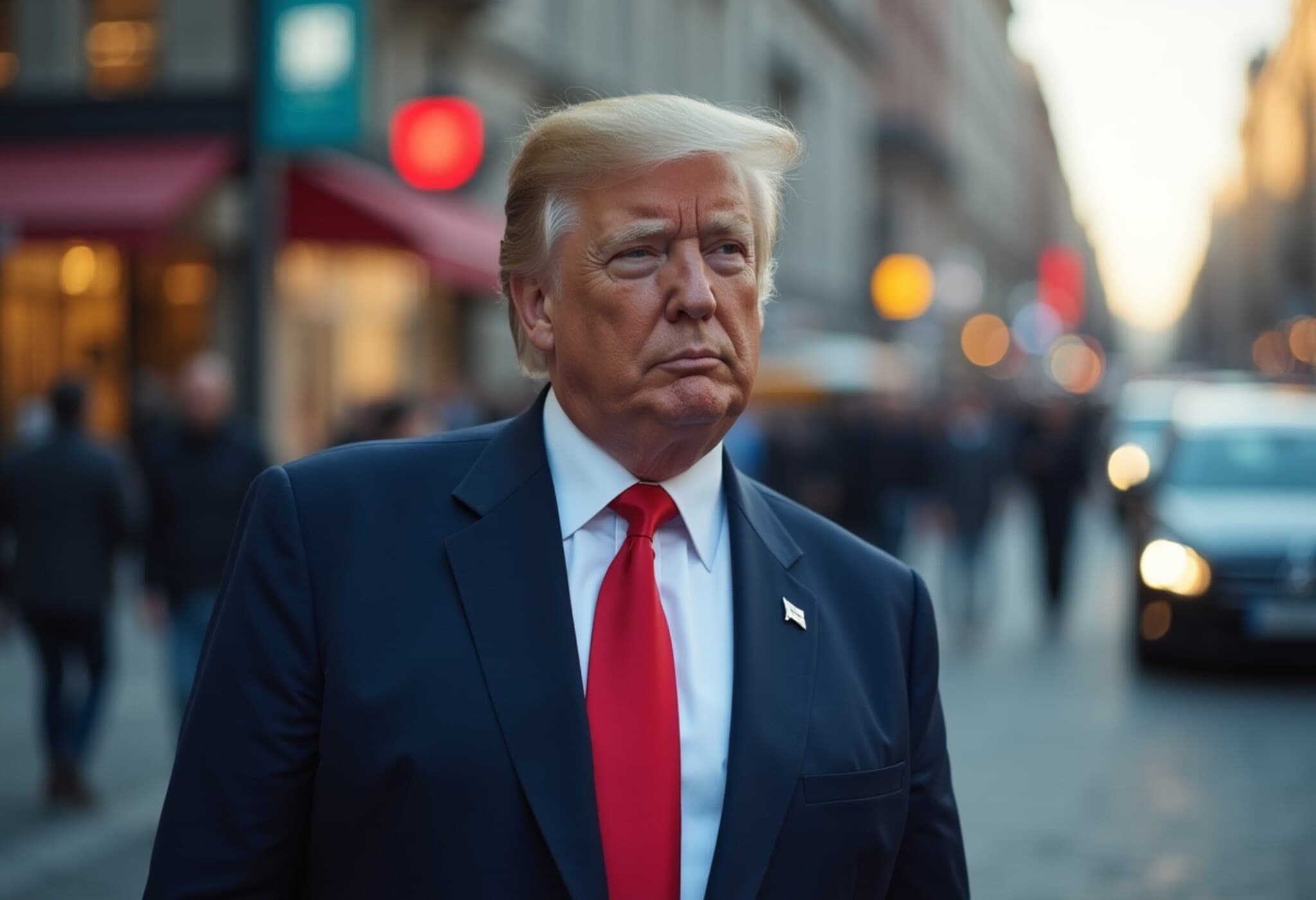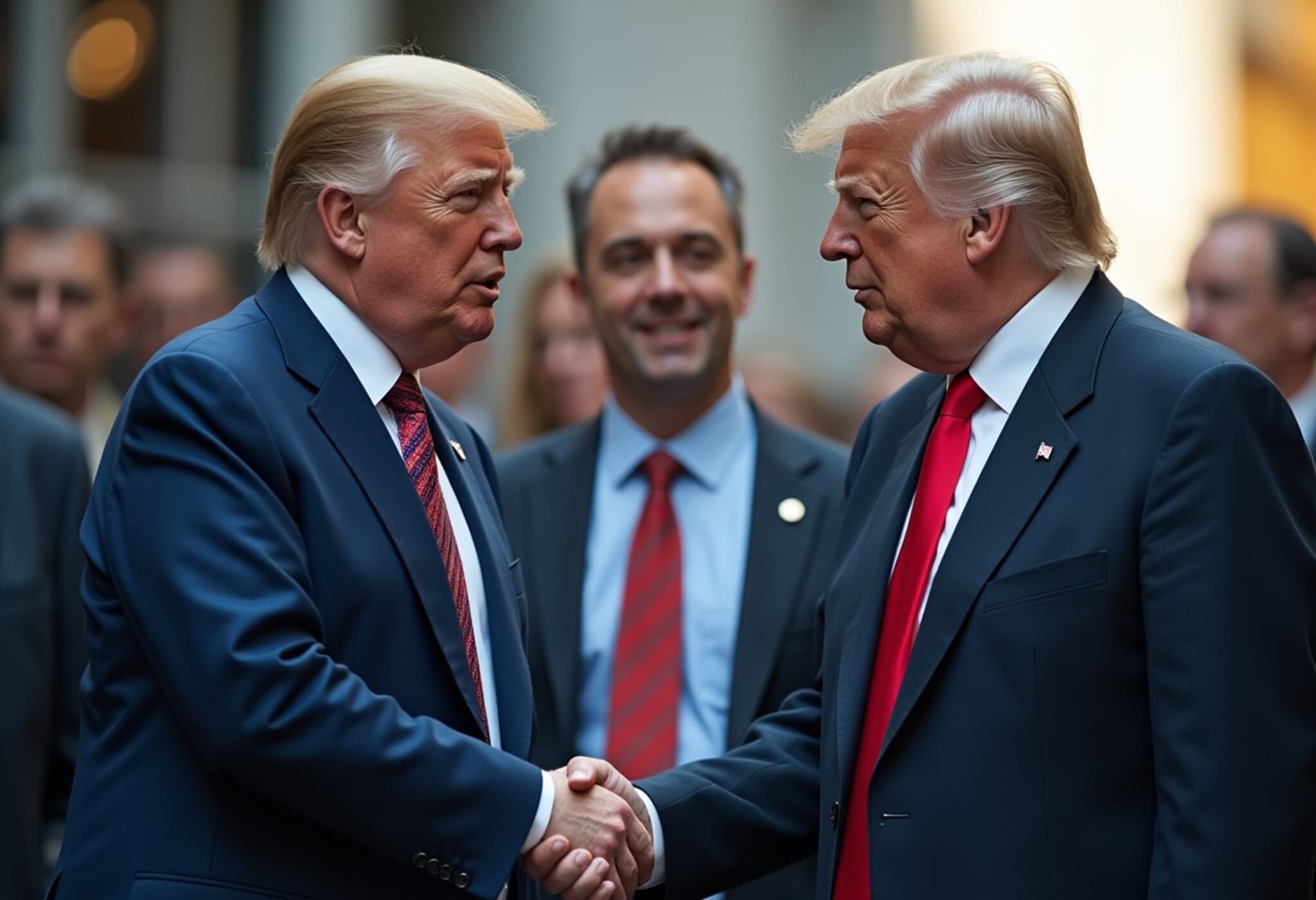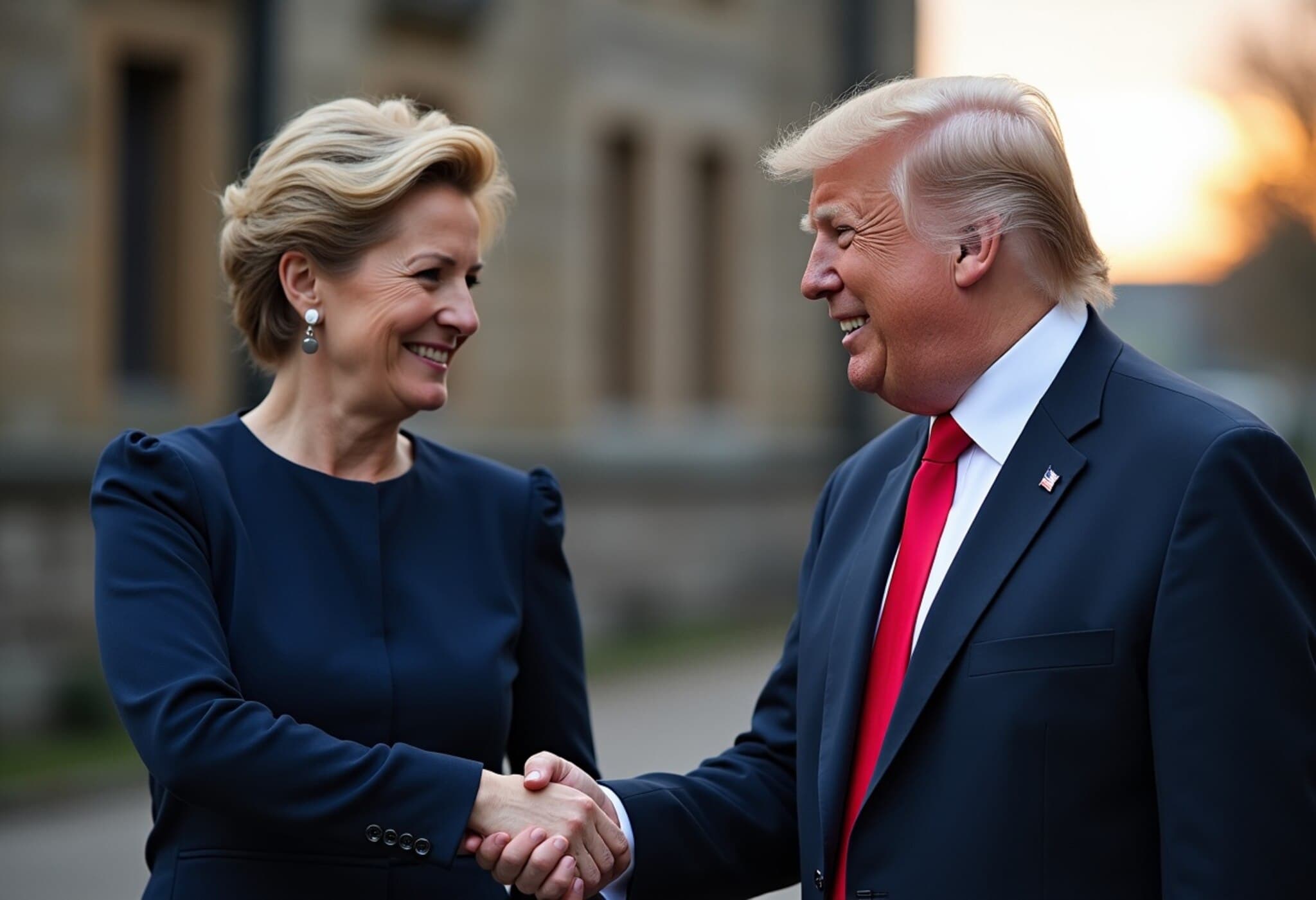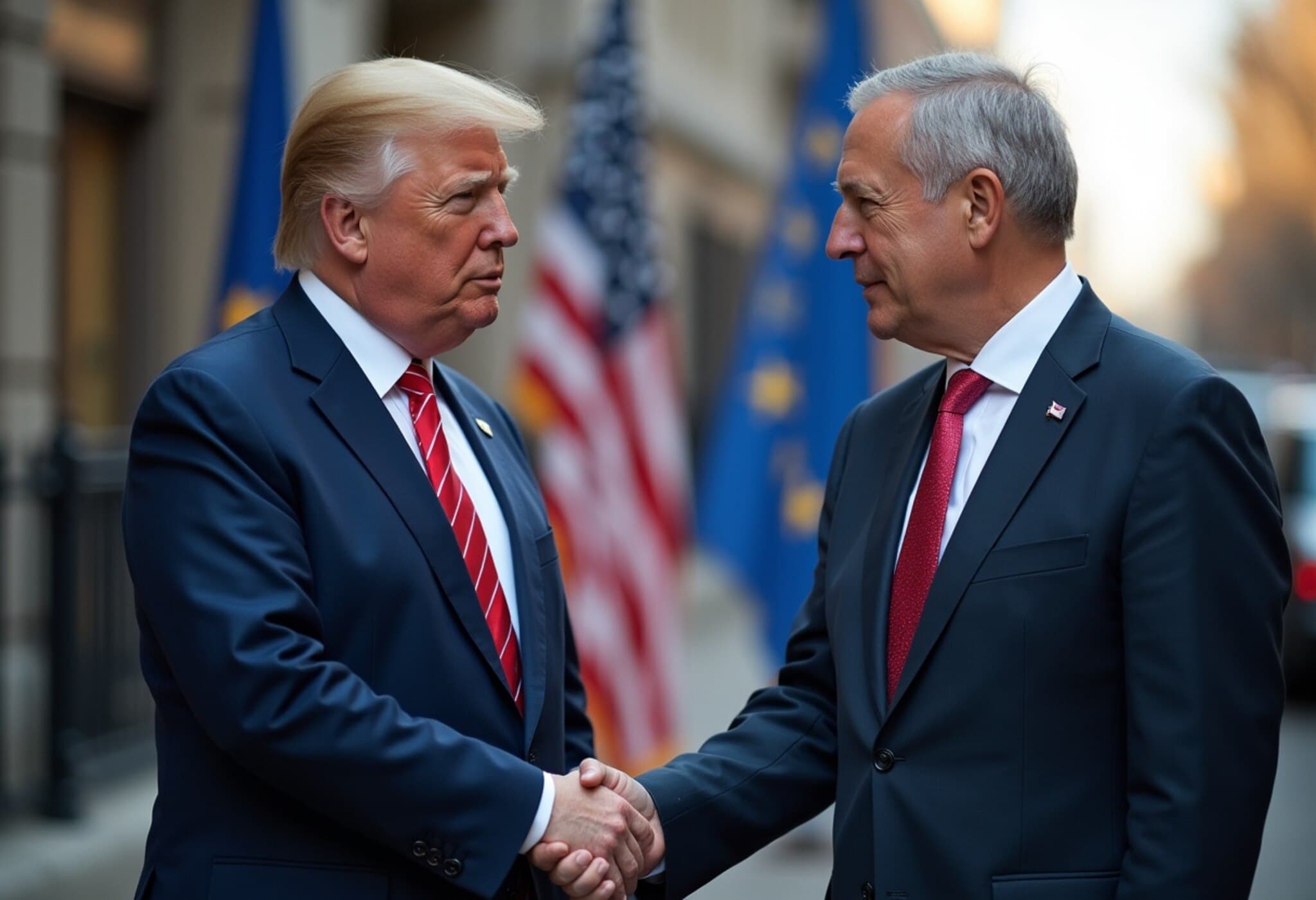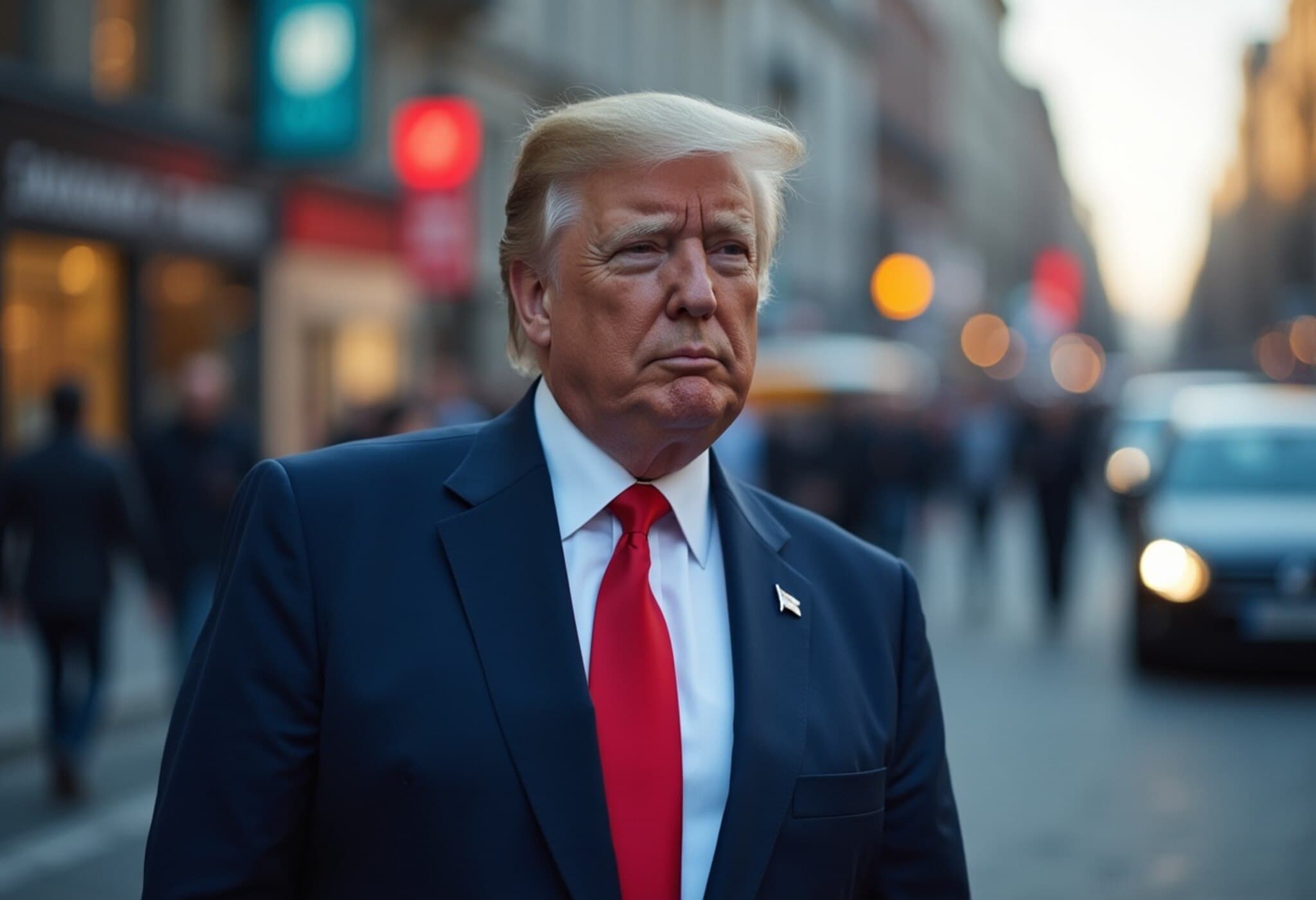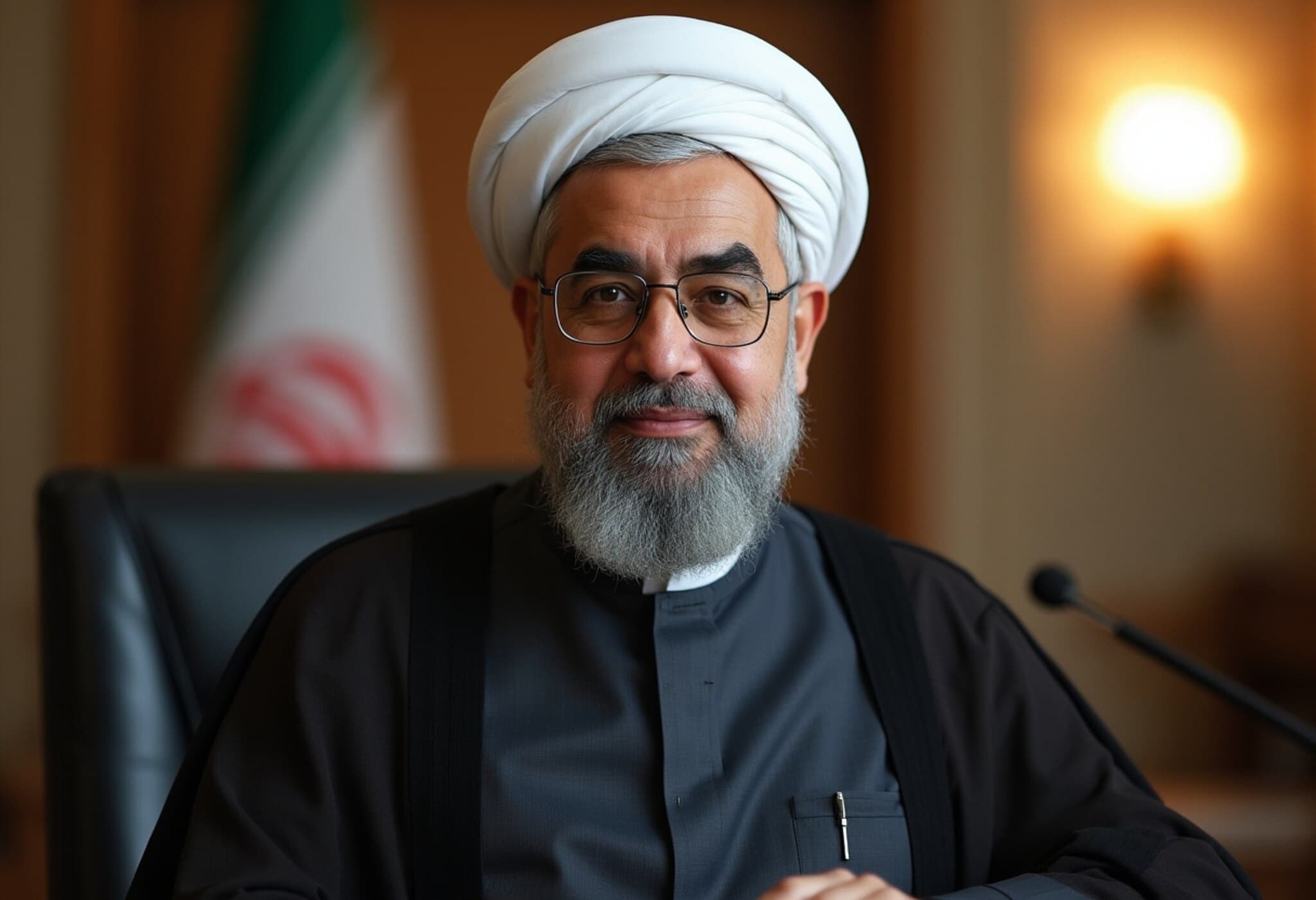EU Responds Firmly to Trump’s Proposed 30% Tariffs
In a dramatic escalation of transatlantic trade tensions, European Union leaders have voiced strong opposition to U.S. President Donald Trump’s threat to impose hefty 30% tariffs on EU exports. With the August 1 deadline looming, the EU political front is rallying around efforts to defuse the brewing dispute, underscoring a shared commitment to dialogue and economic stability—even as some express sharp criticism of the U.S. stance.
Transatlantic Trade at a Crossroads
President Trump’s announcement, shared on social media platform Truth Social, warned that any EU or Mexican retaliatory tariffs would be met with additional levies beyond the proposed 30%, signaling a hardening of U.S. trade policy. Notably, Trump exempted goods produced on American soil by European companies from these tariffs—a move framed as a nod to protecting domestic manufacturing jobs. Yet, this approach has triggered widespread alarm across EU capitals due to its potential to disrupt intricate supply chains that millions of businesses, consumers, and even patients rely upon.
European Commission President Ursula von der Leyen: A Call for Dialogue and Unity
Von der Leyen emphasized the EU’s steadfast preference for negotiation over confrontation:
"Imposing 30% tariffs would disrupt essential transatlantic supply chains, harming businesses, consumers, and patients on both sides of the Atlantic," she said. "We remain open to talks through August 1 but are prepared to defend EU interests robustly if needed."
This statement underscores the EU’s dual strategy: seeking constructive engagement while readying countermeasures to safeguard its economic integrity.
Voices from the EU: A Spectrum of Concern and Resolve
- Dutch Prime Minister Dick Schoof voiced that the U.S. announcement was "concerning and not the way forward," urging unity within the EU to pursue mutually beneficial solutions.
- Swedish Prime Minister Ulf Kristersson underlined the EU’s readiness to respond decisively but cautioned against a damaging trade escalation, highlighting the risk to American consumers.
- French President Emmanuel Macron called for accelerated preparations of credible countermeasures, invoking the EU’s anti-coercion mechanism if talks fail by August.
- Spanish Prime Minister Pedro Sánchez framed tariffs as "unjustified barriers" that threaten economic prosperity, advocating a unified EU front in negotiations.
- Irish Taoiseach Micheál Martin stressed that the U.S.-EU relationship, the world’s largest trade and investment partnership, must rely on "close and respectful dialogue" rather than confrontational tactics.
Expert Insight: What’s at Stake?
Trade experts warn that this tariff conflict could unravel decades of economic integration between the U.S. and the EU, potentially destabilizing markets and supply chains critical to sectors ranging from automotive to pharmaceuticals. The looming tariffs threaten to increase costs for manufacturers and consumers alike, potentially slowing economic growth amid global uncertainties.
Dr. Helena Meyer, a transatlantic trade policy analyst based in Washington, notes, "An escalation here won’t just hurt companies — it risks damaging the geopolitical alliance between the EU and the U.S. This is a pivotal moment that calls for statesmanship over brinkmanship."
The Broader Global Context
Trump’s aggressive tariffs are part of a wider pattern affecting 23 trading partners worldwide, with rates stretching up to 50%. The ripple effects could undermine the principles of the World Trade Organization and challenge the multilateral trading system at a moment when global cooperation is crucial to economic recovery.
Looking Ahead: Countdown to August 1
As negotiations intensify, all eyes will be on diplomatic channels and whether cooler heads will prevail. The EU’s firm yet measured response reflects a strategic balancing act—maintaining solidarity among members while pressing for a fair agreement that respects the interconnected nature of modern trade.
Key Questions Moving Forward:
- Will the U.S. soften its tariff stance in response to EU unity and negotiation efforts?
- Can the EU craft countermeasures that protect its interests without escalating into a full-blown trade war?
- How will these developments impact the broader global trade architecture and transatlantic political relations?
Editor’s Note
This unfolding trade dispute is a stark reminder of how interconnected and delicate international commerce has become. While tariffs might sometimes seem like blunt economic instruments, their human and business consequences ripple widely—from factory floors in Detroit and Stuttgart to marketplaces in Madrid and Milan. As the August 1 deadline approaches, the world watches not only for a resolution but for signs of renewed transatlantic partnership rooted in dialogue and mutual respect.
Stay tuned for ongoing coverage as leaders strive to navigate this high-stakes negotiation.

